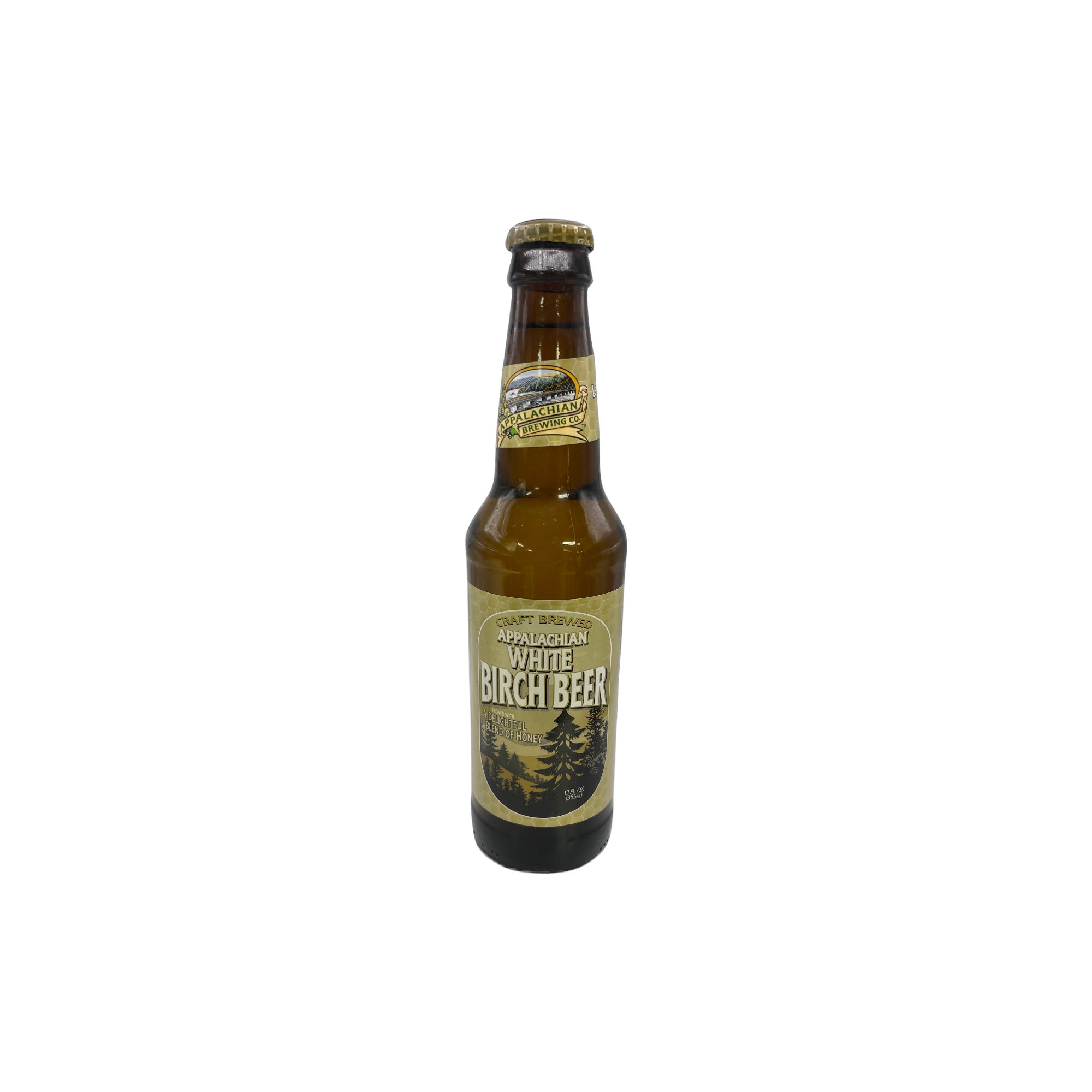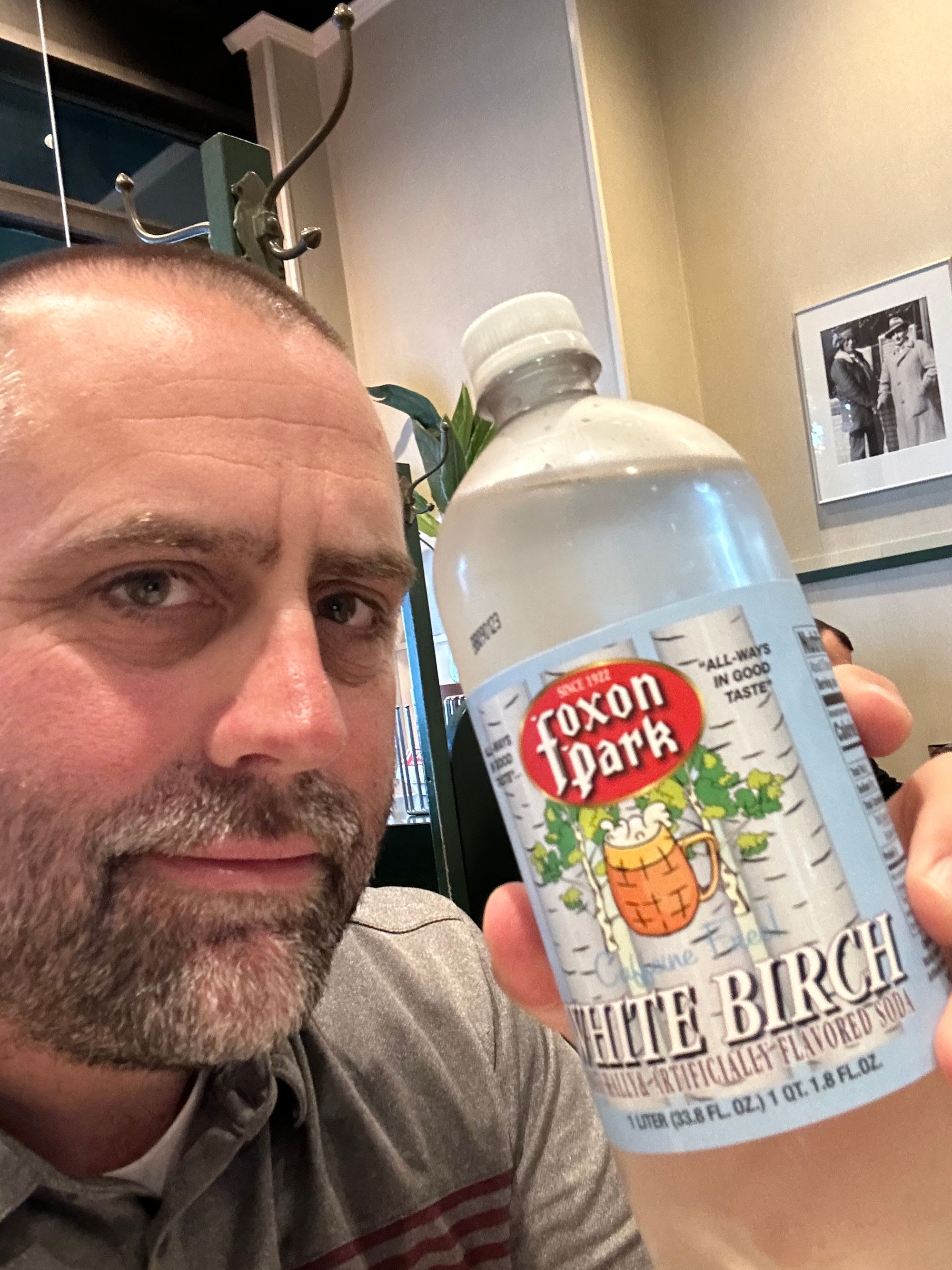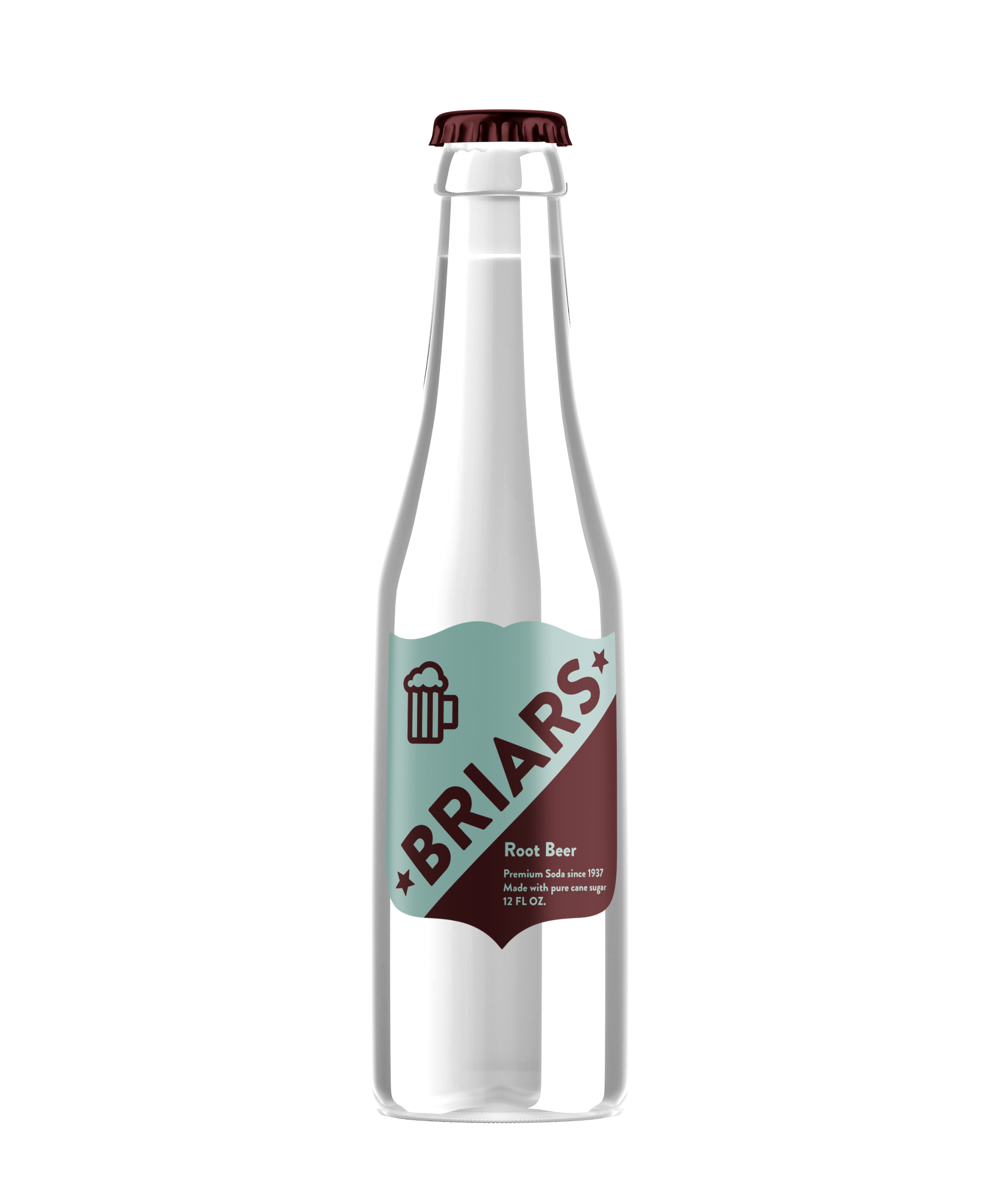A Refreshing Dive Into Birch Beer: History, Flavor, & Where To Find It
Step into the world of a truly unique and refreshing beverage that has captivated palates for generations: birch beer. Often overshadowed by its more famous cousin, root beer, this distinctive soda offers a journey through history, tradition, and an unmistakable flavor derived directly from nature. From its humble origins in early American communities to its modern-day resurgence as a craft soda favorite, birch beer stands as a testament to the ingenuity of transforming simple tree sap into a delightful, carbonated treat.
This comprehensive guide will explore everything you need to know about birch beer, from its fascinating history and traditional brewing methods to its unique taste profile, potential health considerations, and where you can find this nostalgic drink today. Prepare to uncover the secrets of a beverage that truly embodies the spirit of the forest.
Table of Contents
- What Exactly is Birch Beer?
- The Historical Roots of Birch Beer
- Crafting the Elixir: The Art of Making Birch Beer
- Birch Beer vs. Root Beer: A Sibling Rivalry
- The Distinctive Taste of Birch Beer
- Where to Find Your Next Birch Beer Fix
- Health Aspects and Allergen Awareness
- The Enduring Appeal of Birch Beer
What Exactly is Birch Beer?
At its core, **birch beer is a beverage, commonly found as a carbonated soft drink made from herbal extracts and birch bark.** It's a sweet, effervescent concoction that derives its signature flavor from the very essence of birch trees. Specifically, it's traditionally made from the sap of birch trees, primarily black birch or sweet birch, which are abundant in the northeastern United States. Unlike its alcoholic namesake, the "beer" in birch beer refers to its historical fermentation process, which over time has evolved into a non-alcoholic soda, much like root beer. The name comes directly from its central ingredient: the bark of the black birch tree, which grows prolifically in the northeast, providing a readily available source for this unique drink.
The Historical Roots of Birch Beer
The interesting tale of birch beer, much like root beer, traces back to local American clans and indigenous communities who utilized the natural resources around them for both medicinal purposes and refreshing beverages. Before the advent of modern refrigeration and bottling, these drinks were often fermented, giving them a slight alcoholic content. However, over the years, birch beer has lost its alcoholic content and no longer qualifies as true beer, transforming into the beloved carbonated soft drink we know today. You can think of birch beer as root beer's dad, in a metaphorical sense, representing an older, perhaps more traditional, form of herbal soda. Its origins are deeply intertwined with the landscape of New England, where the black birch tree thrives, making it a natural choice for a local beverage. This rich history is still celebrated today, with traditions like "Working birch beer still at the Kutztown Folk Festival" keeping the heritage alive and showcasing the traditional methods of production.
Crafting the Elixir: The Art of Making Birch Beer
The process of making birch beer is a blend of tradition and innovation, using simple yet effective methods to transform birch sap into a delightful beverage. It requires time and attention to detail, especially when dealing with the raw materials. The primary ingredient, birch oil, is distilled from the sap of the black birch tree, which is a labor-intensive process due to the low yield of syrup from sap.
Traditional Brewing Methods
Traditionally, making birch beer begins with collecting birch sap, a task typically undertaken in early spring. This sap is then boiled down to concentrate its sugars and flavors. The concentration process is quite significant: a full gallon of birch sap boils down to roughly 1 ounce of birch syrup. To put that into perspective, it would take roughly 1 quart (32 ounces) of birch syrup to make a gallon of birch beer. This illustrates the immense effort involved; for example, concentrating 32 gallons of birch sap down to a single gallon for birch beer is a substantial undertaking. One specific batch mentioned started at 6 gallons of sap and boiled down to about 6 ounces (3/4 cup) of syrup, highlighting the dedication required for this traditional craft. Once the syrup is obtained, it is mixed with water, yeast (for fermentation and carbonation), and sometimes other herbal extracts or spices to enhance the flavor profile. The mixture is then allowed to ferment, creating natural carbonation before being bottled.
- Detroit Lions Vs 49ers Match Player Stats
- Carla Gugino Movies And Tv Shows
- Satta Matala Com
- Zaxbys Hours
- Roxie Roker
Modern Production & Commercial Varieties
While traditional methods persist, especially among home brewers and at folk festivals, commercial production of birch beer has streamlined the process. Modern manufacturers often use birch oil or extracts, combined with sweeteners, carbonated water, and other flavorings to achieve the desired taste profile. This allows for consistent quality and larger scale production, making birch beer more widely available. Many craft soda companies, like The Rocky Mountain Natural Soda Co, have embraced birch beer, offering their unique interpretations of this classic beverage, often focusing on natural ingredients and traditional flavors to appeal to a discerning market.
Birch Beer vs. Root Beer: A Sibling Rivalry
Though the terms are sometimes used interchangeably, birch beer and root beer are not the same drink. While both are herbal sodas with a rich history in American culture, their core ingredients set them apart. The main difference between these beverages is that birch beer is made with birch bark or sap, giving it a distinct, often sharper, wintergreen-like flavor. In contrast, root oil (historically derived from sassafras root) is the primary ingredient in root beer, which typically results in a sweeter, creamier, and sometimes spicier profile. Both drinks offer a nostalgic appeal and a refreshing taste, but their botanical origins dictate their unique characteristics. Learning about the history, taste, and potential allergies of these drinks, especially in New England, is crucial for appreciating their individual merits and understanding their subtle differences.
The Distinctive Taste of Birch Beer
Birch beer is a unique and refreshing beverage that has captured the taste buds of many soda enthusiasts. Its flavor profile is often described as crisp, clean, and having a pronounced wintergreen or minty note, sometimes with hints of sweetness and a subtle earthiness. This characteristic taste comes directly from the birch bark or sap used in its creation. Unlike the often creamy and complex flavors of root beer, birch beer tends to be lighter and more invigorating, offering a clean finish that leaves a refreshing aftertaste. It’s a flavor that evokes images of cool forests and crisp air, making it particularly popular in regions where birch trees are plentiful.
Regional Flavors: Pennsylvania Dutch and Beyond
Just as with many traditional foods and beverages, birch beer boasts regional variations. Discover the refreshing taste of Pennsylvania Dutch birch beer with our ultimate guide. This particular style often emphasizes a strong, clear wintergreen flavor, sometimes with a slightly darker color. The Pennsylvania Dutch community has a long-standing tradition of making and consuming birch beer, making it a staple in their culinary heritage. Beyond Pennsylvania, different regions and even individual craft brewers may add their own unique twists, incorporating subtle spice blends or varying the intensity of the birch flavor, creating a diverse landscape of birch beer experiences for enthusiasts to explore.
Exploring Pairing Possibilities
Birch beer's distinct flavor makes it a versatile beverage for pairing with food. Its crispness and unique herbal notes can cut through rich foods or complement lighter fare. It pairs exceptionally well with classic American comfort foods like burgers, hot dogs, and BBQ, where its refreshing quality can balance the richness. For a more adventurous pairing, consider it with sharp cheeses or even certain desserts, where its minty undertones can provide an unexpected counterpoint. Many enjoy it simply on its own, chilled, to fully appreciate its unique character. Explore pairing suggestions, local breweries, and charming farmers' markets that add to the birch beer experience, as these venues often offer insights into local preferences and complementary foods.
Where to Find Your Next Birch Beer Fix
Birch beer, with its long history and distinctive taste, continues to captivate drinkers with its refreshing flavor and nostalgic appeal. While it might not be as ubiquitous as cola, finding birch beer has become increasingly easy thanks to a resurgence in craft soda popularity and online retail. You can unearth where to buy this nostalgic beverage from several convenient sources.
Look for birch beer in:
- Local grocery stores: Many larger supermarkets, especially in the northeastern U.S., carry several brands of birch beer, often alongside other craft sodas.
- Specialty shops: Gourmet food stores, old-fashioned candy shops, and dedicated beverage stores are excellent places to find a wider variety of birch beer brands, including those from smaller, artisanal producers.
- Online retailers: Websites like Amazon, specialty soda distributors, and even the websites of individual craft soda companies offer a vast selection of birch beer that can be shipped directly to your door, making it accessible no matter where you live.
- Craft breweries: While not alcoholic, many craft breweries that produce their own sodas often include birch beer in their lineup, offering fresh, locally made options.
- Farmers' markets and folk festivals: These venues, such as the Kutztown Folk Festival, are fantastic places to find traditional, often homemade, birch beer. They offer a chance to experience the beverage in a more authentic setting and sometimes even see the brewing process.
Health Aspects and Allergen Awareness
When considering birch beer, it's important to be aware of its ingredients and any potential health aspects or allergens. As a carbonated soft drink, commercial birch beer typically contains sugar or high-fructose corn syrup, which contributes to its calorie content. For individuals monitoring sugar intake, diet or sugar-free versions may be available. The primary ingredient, birch bark or sap, is generally considered safe for consumption. However, as with any herbal product, there is always a potential for allergies. Learning about the history, taste, and potential allergies of these drinks, especially in new england, is vital for safe enjoyment. Individuals with known allergies to birch pollen or other tree-derived products should exercise caution and consult with a healthcare professional if they have concerns. While birch oil has been historically used for various medicinal purposes, commercial birch beer is primarily a recreational beverage and should not be considered a health remedy. Always check the ingredient list on the label for specific information regarding sweeteners, artificial flavors, and any potential allergens to ensure it aligns with your dietary needs and restrictions.
The Enduring Appeal of Birch Beer
Birch beer, with its long history and distinctive taste, continues to captivate drinkers with its refreshing flavor and nostalgic appeal. It stands as a unique testament to America's rich beverage heritage, offering a taste that is both familiar and exotic. The process of making birch beer, whether traditional or modern, is a testament to transforming natural ingredients into a delightful experience. From its origins in local American clans to its presence in grocery stores, online retailers, craft shops, and breweries, birch beer has maintained its charm and relevance. It's more than just a soda; it's a connection to nature, tradition, and a simpler time. So, the next time you're looking for a truly unique and invigorating drink, reach for a bottle of birch beer. You might just discover your new favorite beverage, one sip at a time.
What are your thoughts on birch beer? Have you tried it, or does this article make you want to seek it out? Share your experiences and favorite birch beer memories in the comments below! If you enjoyed this deep dive, be sure to explore our other articles on traditional American beverages.
- Virginia Giuffre
- Cheryl Rhines
- Who Is Kylie Jenner Dating
- Woof Gang Rescue
- %C3%B8%C3%BA%C3%B8%C3%BB%C5%93 %C3%B8%C3%BB%C5%93%C3%B8%C3%B8%C3%BB%C5%93%C3%BB%C5%93

Appalachian Brewing White Birch Beer 12 oz Glass Bottle | North Market

Birch Beer

Red Birch Beer – Briars